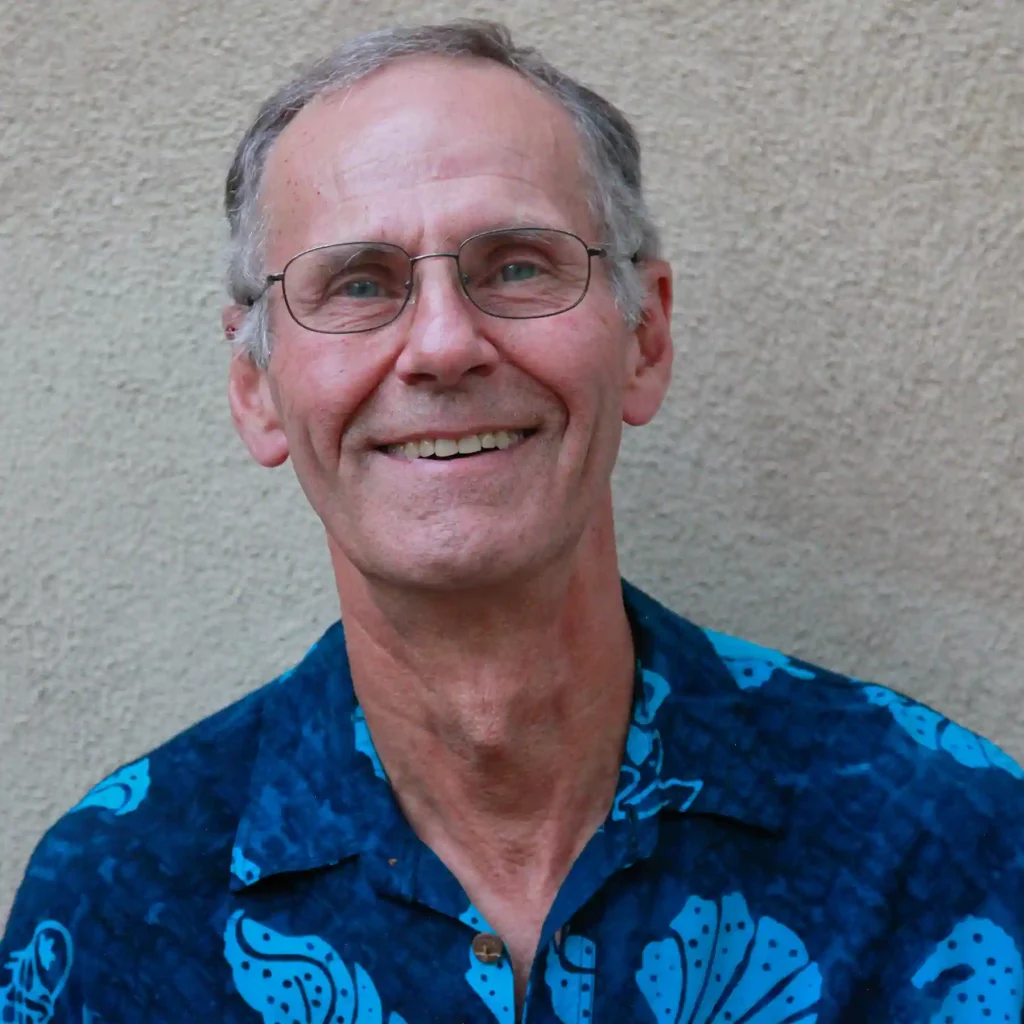The first two words figure prominently in a pragmatist vocabulary. They are efficiency oriented and the times call for being practical, organized, and efficient. If you are not a pragmatist then these ways of approaching matters in your life might elude you so here I will cover this territory. We will start out with basics and then move into the higher centers.
Essentially consolidation means to bring together, to fuse, merge, and combine in order to strengthen your position. For example let us say your garden tools are spread all over your property and to find a pruning shears or a hand shovel you have to wander around all over the place to find one. You check the basement, various closets, the side yard, front yard, and back yard and by the time you are done you have wasted time and energy, and lost your motivation to prune and weed your garden. Maybe in the course of your search you have found two or three old pruners that are dull or no longer any good and finally come across a newer one. Maybe you also find hoes, rakes, brooms, buckets and so on that you did not even know you had. Maybe you decide to buy or build a small garden shed to consolidate all of them so you can more easily keep track of them. In so doing you are able to throw out the tools that are worn out and keep the ones that are still good. Perhaps you find that you have no rakes but four shovels letting you know you need to buy a rake and sell off a couple of shovels at a garage sale. This process employs both consolidating and prioritizing. You could simply do things the old way and leave them all over the place but that would basically keep you away from gardening. By consolidating and organizing you strengthen your gardening skills because you can do it so much more easily.
By the same token you can consolidate many other things in your life. Maybe your finances are a mess because you have too many separate accounts and it is more efficient to consolidate them into one or two accounts allowing you to know exactly how much you have at a glance. You can consolidate your credit cards or loans and end up paying less interest and be less likely to go into greater debt.
Now people think that you have to be organized to do all this but the truth is that there are many people who make it their business to help you consolidate, organize, and prioritize so that you don’t have to do it all by yourself. That is a good thing. On the other hand many people deliberately choose to live a life of chaos because it conveniently allows them to live in an irresponsible way.
When you consolidate you discover that you can do more with less. Let us say that you get together with someone and decide to move in together and you end up with two households worth of stuff. You consolidate when you have a garage sale or put items on Craig’s list that you no longer need, duplicates like two sets of dishes, two vacuum cleaners, two king sized beds and so on. Maybe you get rid of a third car that nobody drives. This of course leaves you with more space to move around in and less expense at keeping extra items. I know people who have spent their entire inheritance storing for years deceased family member’s household goods. What a waste of money, space, and the opportunity for others less fortunate to use these items.
However it is not just goods and material things that need to be consolidated, organized, and prioritized. There are many other things that need this process as well. Prioritizing not only sets up what are the most important things to do first, it also distinguishes what should be done last if at all. This then suggests eliminating what is not important. What is not important is worry, obsessing, stress, and feeling coerced by other people’s plans for what they think you ought to do. In other words what your mother in law thinks you should do is not and should not be a priority. Many people stay in marriages that are inappropriate or downright destructive because they don’t want to disappoint the relatives or friends of their spouse. Should that be a priority? No, it should not be. What is a priority is your own happiness. I can’t tell you how many people stay in horrible marriages because they don’t want to make the kids unhappy. So the children grow up with two parents hating each other or fighting endlessly and that is supposed to give them a good childhood? The truth is that children are generally happier when their parents are happier.
Satisfying false personality needs and reacting to fears should be low priority. Consolidating is helpful here as well. Let us say that as you categorize your motivations into fearful vs. inspiring themes you realize that all your fears are actually related to the fact that you are afraid people won’t approve of you if you do what you want. So now instead of twenty-five fears you have only one fear, the fear of disapproval. That is something you can deal with, a lot easier than twenty-five different fears. Consolidate your fears, worries, and concerns. It is much easier that way. You will always find out that you have fewer challenges than you thought. Then make sure you have your priorities straight. Instead of making it a priority to make all your in laws happy, make it a priority to fulfill your life task work, that which makes you happy.

Remote Shamanic Healing
Each month, around the new and full moons, Jose, Lena or Anna leads a remote shamanic healing session. These approximately 30 minute sessions are designed to be experienced in a quiet, safe place free from distraction. Even if you cannot join live they can be very powerful, and always include a good clearing and beautiful icaros. These are live webinars where you cannot be seen or heard. You can hear the practitioner and see their altar for that evening. Recording access is included for 48 hours afterwards. See the product description for dates and times.
The Nine Needs help people find what makes them happy. Just as a reminder the Nine Needs are: Security, Adventure, Freedom, Exchange, Power, Expression, Acceptance, Communion, and Expansion. Each person has these nine needs in a different order of priority so while Adventure may be top priority for you it may be last for your sister who may have Security in the number one position. Each need has a positive and a negative pole that you always have a choice to operate from. The positive poles lead to good choices with a positive outcome but the negative poles lead straight to poor priorities. For example people with a security need often prioritize the negative pole, worry or fear, because they erroneously think that worry or being afraid will make what they don’t want to happen less likely. The truth is the opposite. The more you worry, the more fearful you are, the more likely the bad scenario will happen. Thus rather than make worry or fear a priority it should be eliminated entirely. The positive pole of security is Trust, so this is a much better priority. When you trust that everything will turn out well and that you will be quite safe, it is much more likely to happen. Similarly the positive pole of exchange is to give and receive, a great priority. The negative pole is slander or gossip, a priority that always leads to something negative and hurtful. So you can see that in a very practical way, getting you priorities straight is a key to your overall happiness.
By now you get the idea of how consolidating and prioritizing can be so helpful as ways of keeping the psyche organized, of keeping life from getting overly complicated. When in doubt, simplify. Complication is stressful and leads to being confused, overwhelmed, and generally more anxious. Older souls prefer simplification in almost everything, “Don’t worry, be happy,” “Love the one your with,” Let go, let God.” You get the idea. On the other hand younger souls love complication from complicated jargon to complicated business deals, laws, tax plans, investments, you name it. Complication leads to obfuscation, makes it easier to hide criminal activity, makes you look smarter to others, makes it easier to manipulate others and so on. Complication is why our lives are not so enjoyable any more. Chaos is complicated. Being organized, consolidating, and prioritizing leads to simplicity but it is not as dramatic, not as compelling, not as exciting as super complicated drama. What is super complicated drama? War for one thing, politics for another. How about super nasty divorces or lawsuits? How about not telling the truth and trying to keep track of all the lies and who you told them to? Talk about stressful. How about having complicated multiple motivations for doing something? What if you just did it because you love it? Easier, but less interesting and dramatic.
When life is simpler and less distracting it is so much easier to access the higher centers. The reason that people don’t access the higher centers is that they are so distracted by the lower centers, the intellectual, emotional, and moving centers. Each of the lower centers that tend to dominate most people’s lives tend to lead them toward obsessing. Many people become obsessed with their thoughts, others with their feelings, still others with their actions. None of these were meant to dominate life. They are tools for living and that is all. What if you had one tool to do everything? Let’s say a hammer. If all you had was a hammer then your perception would become myopic and you would be severely limited in what you could accomplish, especially if you needed to saw something or measure something. Maybe someone else has nothing but a measuring tape or a saw. Imagine what life would be like if restricted to one of these tools. The centers are meant to be fluid, to flow from one to another as needed, a thought, a feeling, an action, all tools in use. When these tools become fluid it is much easier to access the higher centers.
What then are the higher centers? Higher centers are higher frequency versions of the lower centers. The lower centers are simple ways of reacting to stimuli. A door slams and we instantly calculate if it was the wind, an intruder, an angry person and so on. A door slams and we feel annoyed. A door slams and we leap up to latch it. These are our choices with regard to the lower centers. The higher centers lead to something more. A door slams and like a Zen stick it stimulates a higher organization of frequencies that lead to a higher response. Instead of a simple calculation, a feeling, or an action, instead the door slamming catapults us into an instantaneous moment of ultimate presence, in short it wakes us up from our torpor, our asleepness, our hypnosis. Suddenly we realize we are alive, present in our God self, in touch with essence, everything incalculably beautiful, and we are unaware of the passage of time. And then it passes but not without having changed something deep within us. A lower center doesn’t change us, doesn’t transform us, is forgotten at once. A higher centered experience may stay with us all our lives. It is the moment we realize beyond a shade of doubt that we love someone, that perhaps this is the person we will marry no matter what.
Sometimes the higher centered experience is one that is stimulated by extreme emergency, a close brush with death, a terrible loss. For example it may be the moment when one chooses to give up their life for the sake of a friend or loved one by jumping on a grenade or letting go of a lifeline like George Clooney’s character in the movie Gravity. That moment may be one not of loss but of extreme bliss and satisfaction as if there is nothing better to do in the whole of life than this one act of selflessness. It might be letting someone else win what we have striven for, for years, simply out of an act of generosity. It may be walking away from a loved one because that is simply what is best for them in the long run. All these and more may be higher centered experiences: the view from the top of a high mountain just before the storm closes in; the final true understanding of what had eluded us for our whole lives; the rush of falling from the edge of space and watching the whole earth glow blue underneath; the experience of union with essence in a deep state of meditation. The complete loss of self-consciousness in an act of love making. Letting go of an injured bird whose wing has mended and watching in joy as it flies away.
While these higher centered experiences might be rare for most people they need not be. They can be experienced as regular aspects of life, rarified states of mind that comprehensively take over the senses and perception daily, weekly, or monthly. They are fully available to indulge in for every human being if they so choose to experience them.
In the end we cannot live joyfully without these higher centered experiences. The more of them the better. The more moments we can forget our complications worries, and obsessions the happier we become. The lower centers are filled with complication, what if this and what if that? Analysis paralysis. Feelings of jealousy, envy, resentment, and irritation are complex. Keeping track of all our vital statistics on wrist monitors is complicated. Counting calories is complicated. Wondering if love is coming is complicated. Not forgiving is difficult. Being attached to an old worn out way is problematic. Is it really all that necessary? What if we just pet the cat, scratch the dog, enjoy the cinnamon toast, watch the meteor shower, feel the breeze, admire the storm, say yes to a new way?
Consolidation leads to simplicity. Organizing effectively leads to simplicity. Prioritizing helps us to simplify. Simplifying leads to higher centered experiences and they in turn reinforce simplicity. Pretty simple.
Tags:

José Stevens
José Luis Stevens, PhD is the president and co-founder (with wife Lena) of Power Path Seminars, an international school and consulting firm dedicated to the study and application of shamanism and indigenous wisdom to business and everyday life. José completed a ten-year apprenticeship with a Huichol (Wixarika) Maracame (Huichol shaman) in the Sierras of Central Mexico. In addition, he is studying with Shipibo shamans in the Peruvian Amazon and with Paqos (shamans) in the Andes in Peru. In 1983 he completed his doctoral dissertation at the California Institute of Integral Studies focusing on the interface between shamanism and western psychological counseling. Since then, he has studied cross-cultural shamanism around the world to distill the core elements of shamanic healing and practice. He is the author of twenty books and numerous articles including Encounters With Power, Awaken The Inner Shaman, The Power Path, Secrets of Shamanism, Transforming Your Dragons and How To Pray The Shaman’s Way.
Related Articles
The Evolution of Perception and Fear
The Challenge Of Creating Our Future
The frequency of the Earth is shifting, The hertz frequency of the earth is dropping temporarily while changes are being made from the core of…




